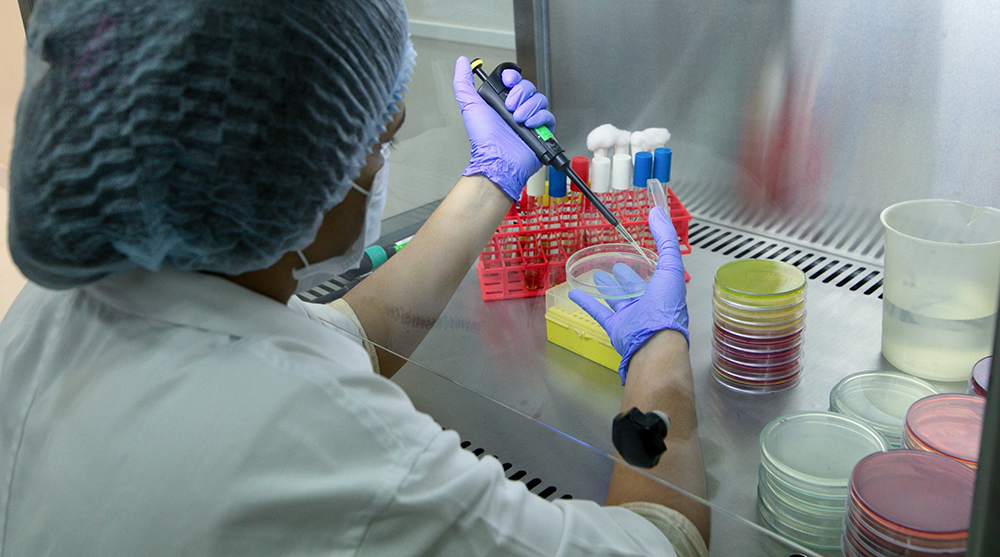Cosmetics & Hygiene
As clinical evaluation of personal care products gains predominance, testing standards for the cosmetics industry show signs of exclusive growth.
This is chiefly because, as a manufacturer, clinical testing of your cosmetics range authenticates your product thereby adding to its safety and efficacy.
In essence, it places your marketing USP’s a notch above your competitors. As an emerging or established brand, it is your best chance to deliver impact as your product claims are backed by rock solid evidence based on extensive research studies.
What can you expect from our cosmetics testing ?
Clinical testing or trials help assess any negative effect that a particular brand of cosmetic products might have on consumers.
At BRC, every product sample that you submit is subjected to critical examination of its ingredients along with their toxicological endpoints — cruelty free claim, PETA certification, and dermatological testing are a few key considerations. Such results further ensures the product to be free from all forms of animal experimentation. The regulations imposed by governmental, regulatory, and scientific bodies are also covered.
Over the years, BRC has helped several come-of-age cosmetic manufacturers gain leverage in the market with trustworthy results at affordable rates within a short span of time.
Please refer to the table below to check available tests for all cosmetic testing standards matching your evaluation requirements.
Cosmetics & Essential Oils
| Sr.No. | Products/Material of Test | Specific tests performed | Test methods/standards against which tests are performed | Summary |
|---|---|---|---|---|
| 1. | Cosmetics, & personal care products viz tooth paste, lotions, creams | Total microbial count | IS: 14648 | Determination of microbiological quality of cosmetics and cosmetics raw materials, including pathogen detection |
| Gram negative enteric pathogens | ||||
| Staphylococcus aureus | ||||
| Pseudomonas aeruginosa | ||||
| Candida albicans | ||||
| Effectiveness of antimicrobial preservative / Challenge test/ | Official Method of Analysis of AOAC International 998.10 | Enumeration of preservation efficacy of the cosmetic and personal care products | ||
| Evaluation of the antimicrobial protection of a cosmetic product | ISO 11930 | |||
| Standard Test Method for Assessment of Antimicrobial Activity for water Miscible Compounds using Time- Kill Procedure | ASTM: E2783 | Evaluation of the capability of antimicrobial agent in suspension to reduce bacterial cells under defined period of time (Time-kill kinetics) | ||
| Quantitative suspension test for the evaluation of basic bactericidal activity of chemical disinfectants and antiseptics | BS EN 1040 | |||
| Vitro-Skin Assay For Shampoo, cleansing products | Customer/lab designed method | Assay of cleansing agents on in-vitro skin | ||
| Invitro Skin Assay with Biofilm | ||||
| Microbiology of packaging material | Customer/lab designed method | Microbial load, Preservative efficacy/antimicrobial studies of packaging material | ||
| Contamination detection | Customer/lab designed method | Investigation of spoilage/contaminating microbe in various personal care samples, |


